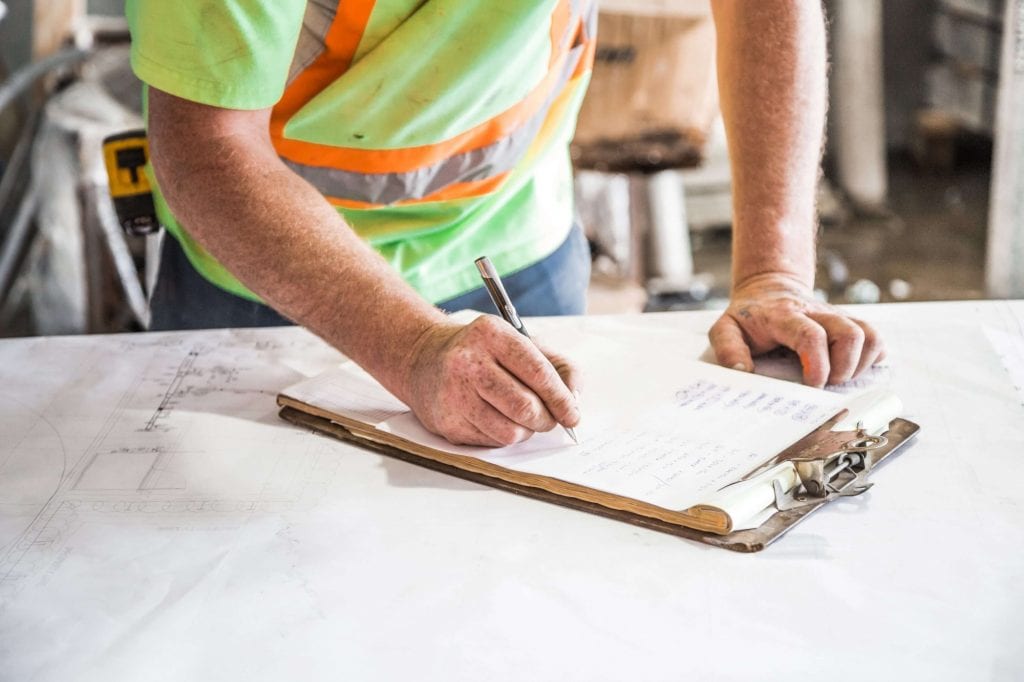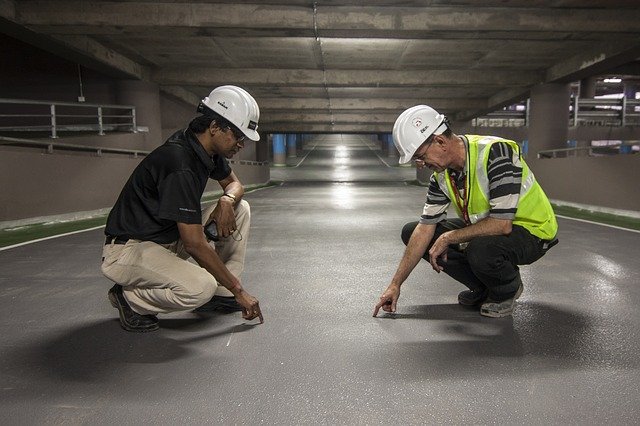To give you an insight into the profession of a property surveyor, Octagon Capital looks at everything you need to know about becoming a property surveyor.
Key Points
- A property surveyor is a qualified professional who is brought into to assess the structural integrity of a building – maybe for purchase, sale or valuation purposes
- A graduate surveyor can earn between £22,000 to £26,000
What does a property surveyor do?
A property surveyor is a qualified professional that assesses the structural integrity and quality of a building – including homes, offices, retail stores, garages and more.
A surveyor is typically brought in to assess the quality and value of a property, which the owner may wish to put on the market or better understand the value of their asset. The role of the surveyor is key to highlight any risks for potential owners or buyers and their involvement is usually a requirement to complete on any kind of property purchase, mortgage deal or even a bridging loan.
Property surveyors work in housing (residential) or for offices and retailers (commercial).
There are several titles under the role of a property surveyor including building surveyor, land surveyor or chartered surveyor.
What are the key responsibilities of a property surveyor?
Property surveyors essentially contribute towards the smooth running of the property market. Their main responsibilities typically involve:
- Analysing progress reports
- Dealing with planning applications
- Following health and safety regulations
- Reviewing project tenders
- Conducting risk assessment and cost control
- Advising subcontractors and clients
- Preparing scheme designs with costings and specifications
- Carrying out feasibility studies

A property surveyor checks the quality and integrity of a property or building and their role is key to proceed with a mortgage or property purchase.
What is the salary of a property surveyor?
Graduate surveyors can expect to earn between £22,000 to £26,000 and with a few years of experience, this can rise to the bracket of £28,000 to £50,000.
Senior level surveyors can expect to earn upwards of £70,000 and there is even potential to reach a six-figure salary at partner or director level.
Property surveyor salaries not only depend on experience, but also location. Surveyors based in central London can expect higher salaries than those operating outside of the capital.
According to the RICS Macdonald & Company Rewards & Attitudes Survey conducted in 2019, the average salary of a property surveyor was £48,000. Chartered surveyors were found to earn around 38% than those non-chartered.
What qualifications do you need to become a property surveyor?
To become a property surveyor, there are typical requirements of a degree or professional qualification approved by the Royal Institute of Chartered Surveyors (RICS) in one of the following subjects:
- Civil engineering
- Building engineering
- Property
- Construction
- Surveying
Studying a RICS-accredited degree or qualification will give you the relevant training to become a chartered surveyor.
This can be completed at undergraduate level in 3 years – see RICS Courses for more information.
Courses can also be completed online here at https://academy.rics.org/
Another option is getting a postgraduate qualification with a RICS-accredited Masters degree which will lead towards chartered training. Some employers may even support students taking this course with funding.
Additionally, there are apprenticeship opportunities for those who do not wish to go down the formal further or higher education route – https://www.rics.org/uk/surveying-profession/what-is-surveying/surveying-apprenticeships/
What skills do you need to become a property surveyor?
If the idea of working as a property surveyor interests you, it is important to check whether you have the right skills required for the job role before going further. Property surveyors need to have:
- A driving license (to visit different sites)
- A local and practical mind
- Strong oral and written communication skills
- The ability to build strong relationships with clients and peers
- Knowledge and interest in buildings and construction
- Negotiation, presentation and report writing skills
- Commercial awareness

A property surveyor should have good communication skills and have a good knowledge of buildings and property.
Can you work as a freelancer or with a firm?
Yes, It is possible to freelance as a property surveyor, but the decision to do so usually comes after several years of experience and building up a reputable client base. Going freelance suits those who may wish to specialise in one particular area, such as building defects or sustainability.
Typical career prospects for a property surveyor who is not freelance include working within the public sector or organisations. In large organisations, there are often formal channels of promotion and greater responsibility.
Either way, the environment you work in will certainly vary from day-to-day. For instance, you could be working on a construction site one day, and then from home or in an office the next.
The governing bodies for surveyors in the UK
RICS – https://www.rics.org/uk/
The Ecclesiastical Architects & Surveyors Association (EASA) – https://www.easanet.co.uk/
